Charging leads Type 1 and Type 2: What’s the difference?
Electric vehicles are going to be the way the vast majority of us drive, with Type 1 Type 2 charging cables to connect and recharge the battery.
So what’s the difference between Type 1 and Type 2 charging leads for EV or PHEV? It’s pretty straightforward. The cable you buy to charge at home or carry with you to replenish the battery energy from public charging points will have a Type 1 or Type 2 plug on one end that fits with your EV or PHEV’s connection. All charging cables come with a universal type 2 connection at the charger end, regardless of whether they are type 1 or type 2.
Differences between the two types of EV charging cables are:
Type 1
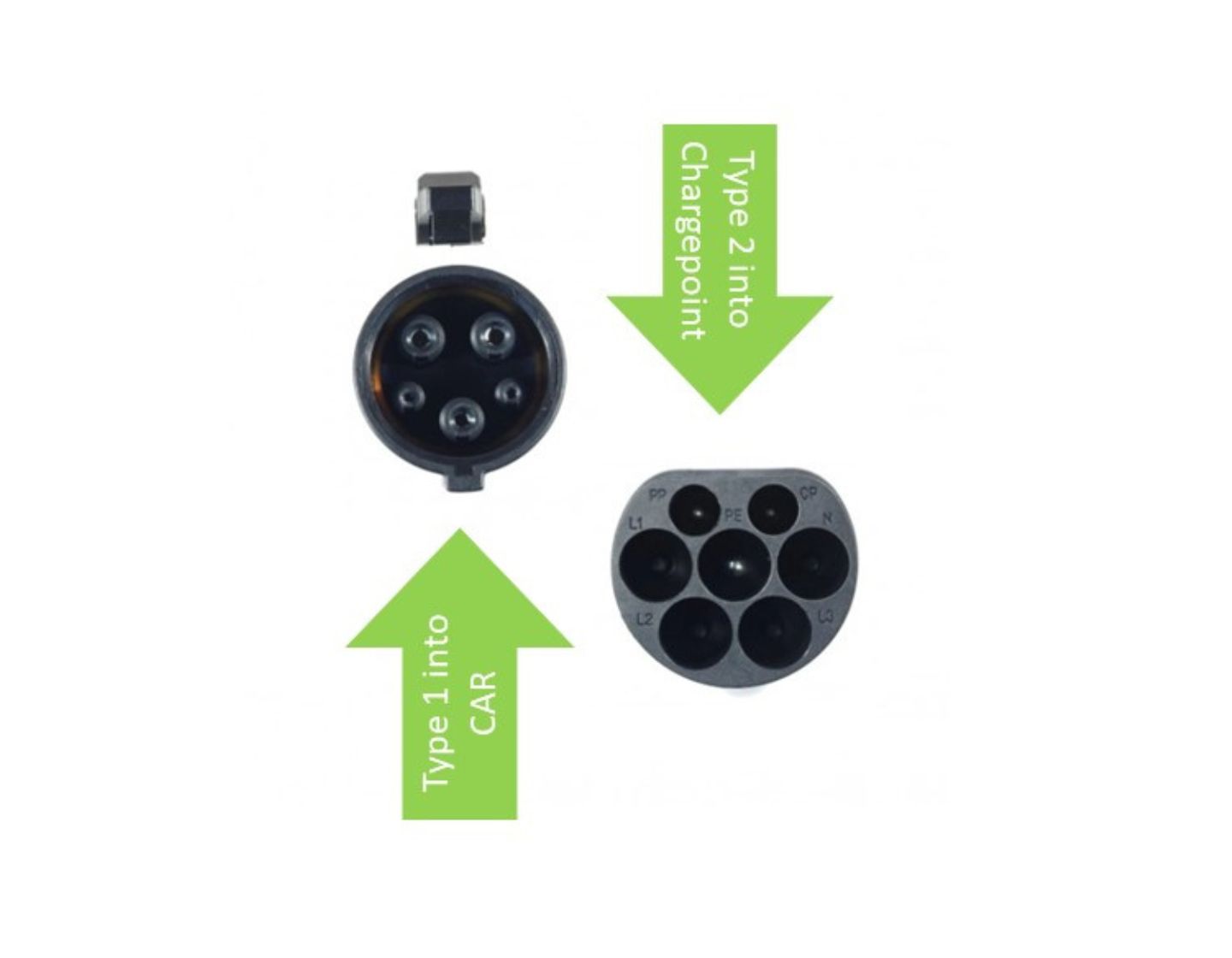
Type 2 Cable
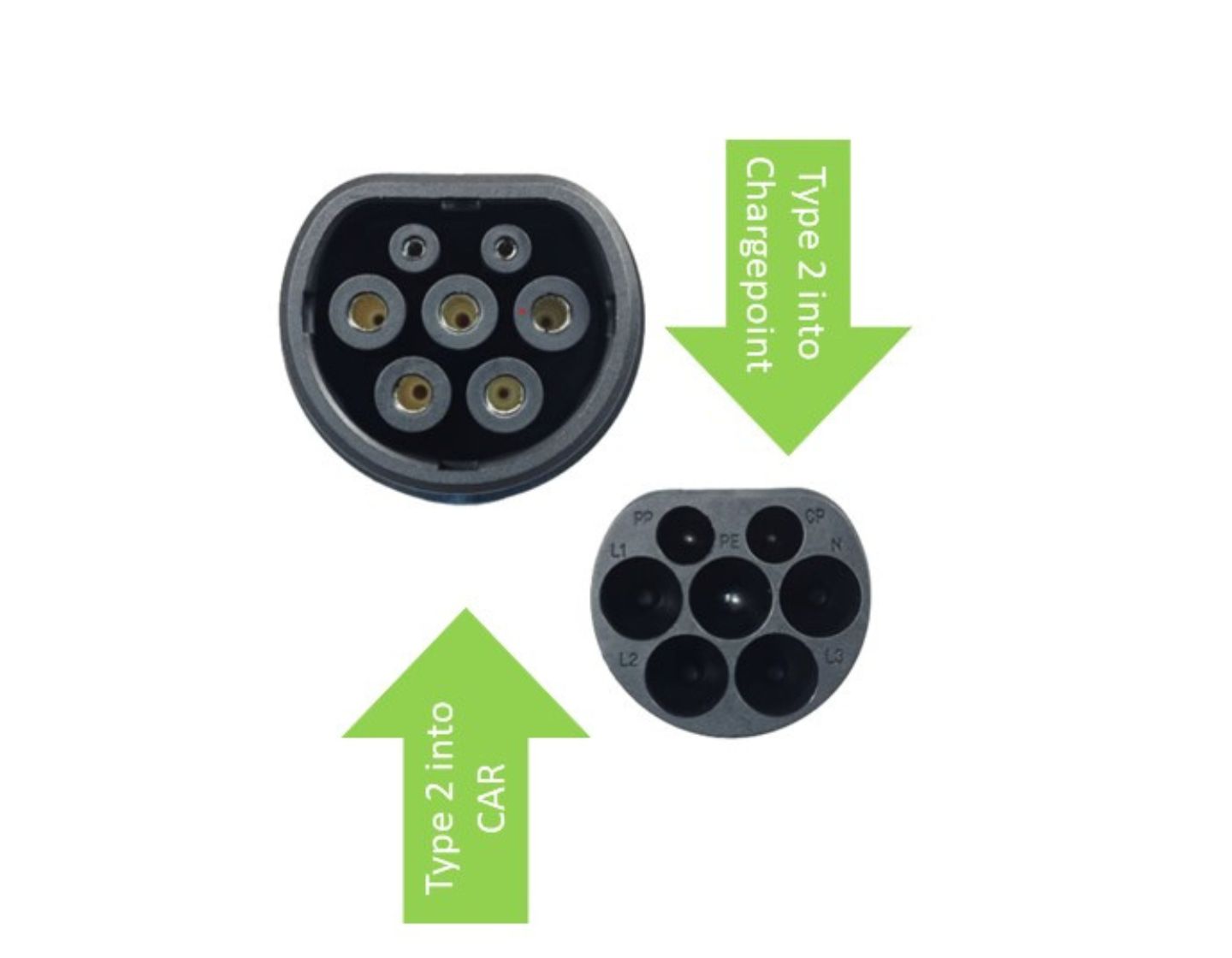
In Europe, the Type 2 inlet is the standard for charging cables while the Type 1 inlet is the dominant variation in Asian, Japanese and American markets.
Type 1 plug is a 5-pin design and has a latch that keeps the plug in place and prevents it from being dislodged from the charger socket, while the Type 2 models, with 7-pin design don’t have these latches. Instead, the vehicles that utilise Type 2 plugs have a locking pin that locates and secures the plug in place.
It’s a very secure system, and only the EV or PHEV owner would be able to unplug the charging cable from the vehicle connector. Models that support Type 1 plug would not have a lock pin and so the charging cable can be unlocked by anyone.
EV and PHEV cables
Both Type 1 and Type 2 plugs have pins to transmit the power load and an earthing mechanism for safety.
In addition, Type 2 cables have resistors that communicate with the EV or PHEV, to ensure that the charging process runs smoothly. The vehicle ‘knows’ that it is plugged in, and other resistor functions maintain a uniform supply of power, detecting the strength of the cable to draw power accordingly. The resistors in the Type 1 cable detect whether the cable is plugged in will turn off the charger when the lever is pressed to unlatch the plug.
Also, Type 1 is a single-phase charging cable and Type 2 charging cables are available in single or three phase.
EVs and hybrids currently on the market are fitted with these two different types of charging sockets and many of the newer vehicles coming to market, even from the Asian market, are now being supplied with Type 2 connectors.
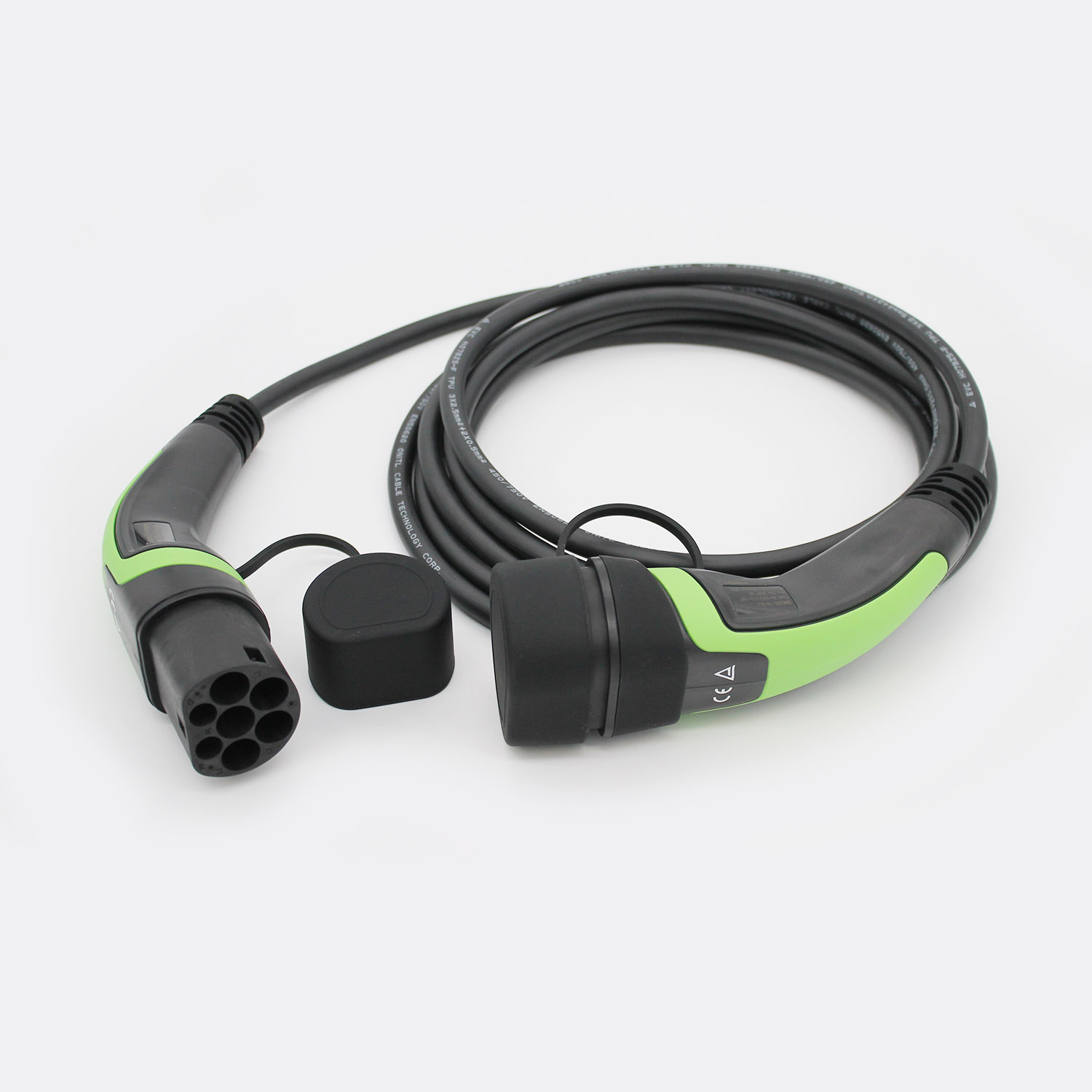
Type 1 charging cable
These vehicles use Type 1 as standard:
Citroen C-Zero, Ford Focus Electric, Mitsubishi Outlander PHEV, Kia Soul EV, Nissan Leaf 2012 – 2017, Peugeot (uses both types), Toyota Prius, Vauxhall.
Type 2 charging cable
Type 2 charging cables can be used with these cars:
Audi Etron, BMW i3, Hyundai, Jaguar, KIA, Ranger Rover, Renault, Mercedes Benz EQC, Mini Countryman, Nissan Leaf 2018, Porsche, Smart, Tesla, Toyota, Volkswagen, Volvo XC T8.
Type 2 charging cables are ideal for high-capacity EVs. And it’s wise to select a longer charging cable for EVs with charging sockets on one side of their body so that they’ll easily reach the charging point.
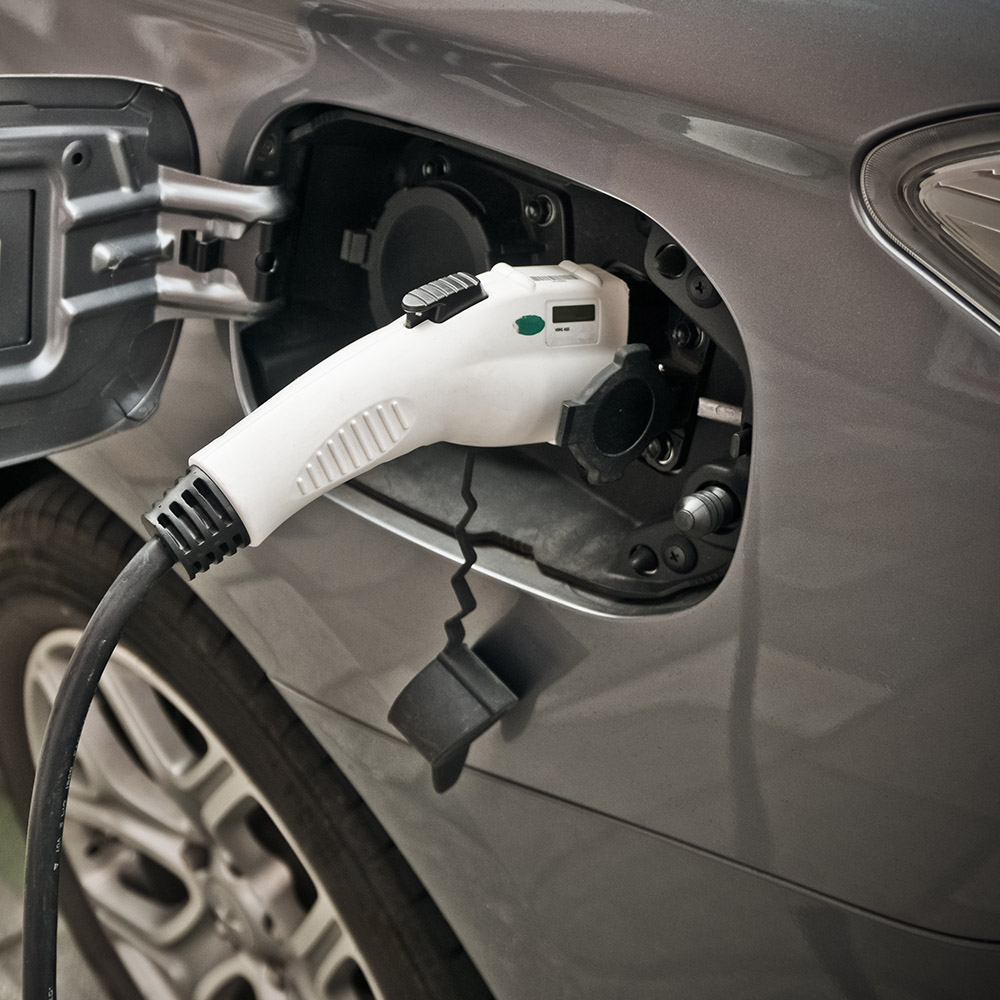
SaveMoneyCutCarbon provides a range of quality EV and PHEV charging cables for Type 1 and Type 2 vehicles and all chargepoint types. The high performance cables are engineered to last, and are backed by the reassurance of a 5 year warranty. They’re thin and lightweight, enabling easy handling and connection, as well as being dust proof and waterproof to IP54 standard.
If you have an existing charger at your property with a tethered cable, but that cable isn’t long enough to reach your vehicle, most people incorrectly assume that a charging cable will work as some form of extension cable. It won’t, due to the vehicles requiring a data connection with the chargepoint. If you need an extension cable we can source them for you, contact a member of the team to find out more.
We also offer a convertor cable, so if you were an early adopter whose first vehicle was a Type 1, but your new vehicle is Type 2, and your charger has a type 1 connection, all is not lost. You don’t need to pay to get a electrician to swap the tethered cable for you. We offer a converter cable that will switch your tethered charger from Type 1 to Type 2.


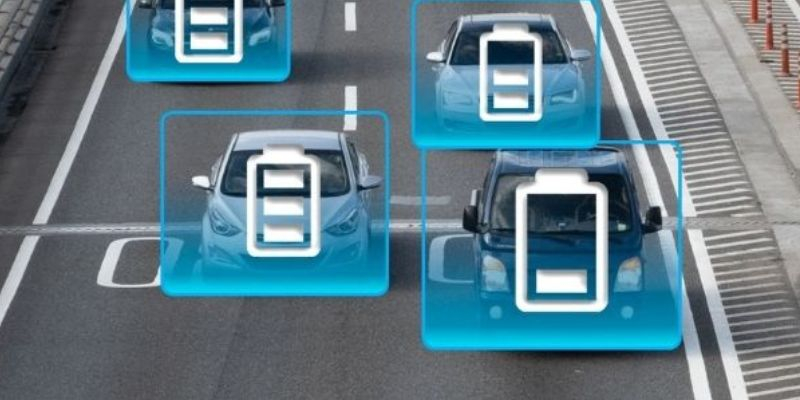
Hi I have a type 2 charger fitted at home and realised afterwards I require a type 1 charger as my Nissan leaf is 2017 model. I read you offer a converter cable to switch over…would this require an electrician to fit. The company that fitted me blamed me for selecting the wrong type…even though I gave them all the details of the car…being a first time EV owner with limited knowledge.
Tim, this article could be VASTLY improved if it made clear right up front, and on each of the images that the “type 1” and “type 2” refer to the socket that goes into the CAR, not the charging station. The charging station socket in this article, and most usually is type 2. The diagrams have both, and there is no distinction made. The diagrams should label the sockets “type 1 for your car” “type 2 for charging station” – and that way the distinction will be a lot more clear. I’ve spent the better part of half an hour trying to figure this out. Tx
Totally agreed. I have a Nissan Leaf 2014 which has a type 1 socket, but wanted to charge on type 2 tethered on the road, did not find a solution yet, bought a type 1 to type 2 cable that cannot be used on tethered locations only on untethered as it is not used as extension, and the type 1 to type 2 adaptor I bought was for Tesla!?! These many adaptors and situations are frustating.
Very confusing.
After reading this article I am more confused now.
Great blog post! Your clear breakdown of their features and applications makes it easy to understand the choices when it comes to charging options. You can buy charging cables from here https://ronin.pk/collections/cables
Impressive! Thanks for sharing this.